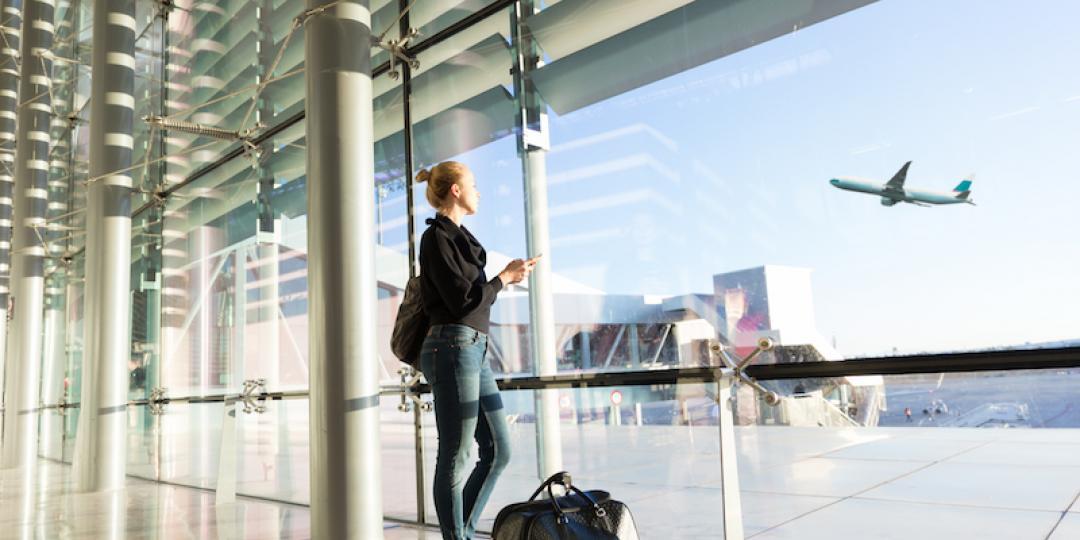The COVID-19 pandemic has brought about a new generation of travellers – Generation C – a particularly cautious traveller who wants to be protected should things go wrong during their trip.
This was one of the insights shared by Edmund Bartlett, Jamaica Minister of Tourism, who was one of the speakers on WTM London’s Tourism Investment Ministerial Panel on Monday (November 9).
“This generation is a traveller who is focused on health security and destination assurance,” he said. Bartlett highlighted destination insurance as one of the initiatives governments should invest in to give travellers assurance in the current context.
Jamaica has done exactly that with the launch of Jamaica Cares, a travel insurance enabled by a public- private-sector partnership.
“This type of innovation is going to be a big part of what is going to enable a greater level of confidence in travel,” he said, adding that travellers needed to feel comfortable that they were not going to incur additional expenses while travelling.
Jamaica Cares is a mandatory US$40 insurance for all travellers to the island that covers them for illness, including COVID-19. The cost of case management, transport logistics, field rescue, evacuation, and repatriation for medical emergencies is covered under the programme. Jamaica’s mandatory insurance also covers these costs in the event of a natural disaster on the island.
Also speaking on the panel, Dr Taleb Rifai, Chairman of ITIC (International Travel & Health Insurance Conferences) and former Secretary-General of UNWTO, said he hoped to see all countries investing in programmes similar to Jamaica Cares. He said this was particularly important, given that insurance companies had shied away from dealing with the issue. Rifai said travellers felt safe when they were insured, and this was particularly important in the current context of uncertainty.
Bartlett said the country had already started to put its recovery team in place in January, because it was conscious of the epidemic’s potential threat to the country.
Since then, its recovery strategy has included training 50 000 workers, who had been displaced or furloughed, in areas relating to COVID-19 management and tourism management.
The country has also established a programme for compliance and certification, and developed a ‘tourism bubble’, which consists of hotels and activities that are open to tourists, although it only represents a small percentage of the country’s product.
More people working remotely
Looking to the future, Rifai said destinations should make themselves attractive to a new generation of people who work remotely and therefore stay in a country for a prolonged period.
He said this was one of the opportunities that had come out of the crisis. “There are young people who can do their work from anywhere now, and you can provide homes for people who are looking for homes in beautiful places,” he said. “For example, digital nomads need a different type of visa to come to the country.”
Rifai added that this required co-operation of the private sector, which would need to tailor offers for as long as month or two, while government needed to reduce taxes and bureaucracy.
He said long stays could also counter the issue of quarantines, which some countries were still insisting on.
























